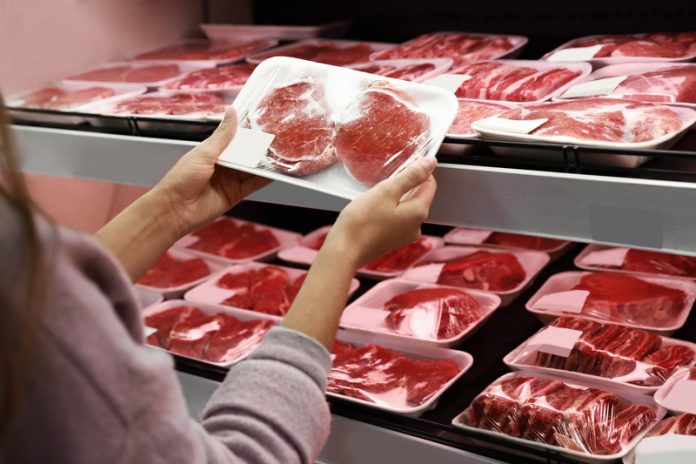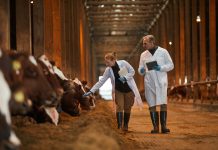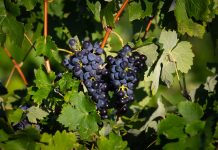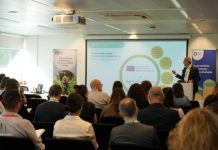BETA Technological Center explains its experience on the valorisation of organic wastes from the meat processing industry to obtain biostimulants
The meat industry, dealing mainly with slaughter and meat processing, is one of the pillars of the food sector in Europe. In 2019, the EU meat sector produced around 22.8 million tonnes of pig meat, 6.9 million tonnes of bovine meat, 0.5 million tonnes of sheep and goat meat, and 13.3 million tonnes of poultry meat. The Spanish meat industry, with more than 3,700 companies established in 2019, ranks first in the entire national food sector, representing 22.6%. Spain has been consolidated as the second Member State in the EU pig meat production and the fourth greatest power in the world with a production of pig meat of around 4.5 million tonnes in 2018. The Spanish meat industry is also an international benchmark for its export capacity, especially to China and other southeast Asian countries. In 2017, the export value of pig meat and other pork products from Spain reached almost €4,000 million.
Threats of derived meat-processing waste to public and environmental health
The importance of the European Union meat processing industry (MPI) turnover leads to an in-depth analysis of activities regarding environmental and public health issues. High water demand is required from the sector. Typical water use in slaughterhouses ranges from 1.5 to 40 m3/t per slaughtered animal whereas in meat processing is estimated 2-60 m3/t of product, contributing to the generation of an important amount of highly polluted wastewater. Solid waste generation, which mainly includes fats, blood, and stomach and intestinal contents, depends on the animal and ranges from 2.3 kg/head for pig (~4% of animal weight) to 83 kg/head for bovine (27.5% of animal weight). On the other hand, animal by-products (ABPs) not intended for human consumption are also generated. Although ABPs could be valued in the past, their relationship with food-to-mouth diseases such as spongiform encephalopathies or dioxins in feeding, now mean that these by-products must be treated following specific directives and not to be traded. The Regulation (EC) No 1069/2009 was issued for by-products classification into three categories based on the risk, indicating the specific rules for the collection, transport, handling, treatment, transformation, processing, storage, distribution, use, or disposal. Category three includes carcasses and parts of slaughtered animals not infected with encephalopathies and not intended for human consumption. These wastes are commonly used as fuel for combustion, for raw petfood production, or transformed into biogas and, in some cases, disposed of in authorised landfills or composted. Concurrently, some of these technologies (e.g., landfills or incineration) contribute to accelerating climate change, in the opposite direction of the Waste Framework Directive 2008/98/EC, and to resource losses that, otherwise, could be valorised by promoting a circular economy scheme.
New paradigm: from waste to biostimulants-biofertilisers
The organic composition of the wastes produced in the MPI opens up innovative valorisation opportunities and treatments for dealing with the objectives set on the European Green Deal, particularly in paragraph 2.1.6 of “From Farm to Fork: Designing a fair, healthy and environmentally friendly food system”, to invest in climate-neutral and circular economy. Furthermore, the waste segregation strategies carried out by slaughtering facilities would be facilitating the valorisation of these wastes helping the achievement of near-zero discharge.
A clear example of this approach is assessed in the framework of AccelWater Project (co-funded by the European Commission under the H2020 programme; Grant Agreement No. 958266). An innovative valorisation system to treat and valorise solid waste and wastewater from MPI has been proposed by BETA Technological Center (Catalonia, Spain). Freeze concentration, electrodialysis, solid-state fermentation, or biodrying are some of the technologies proposed for obtaining reclaimed water, energy and products with agronomic value.
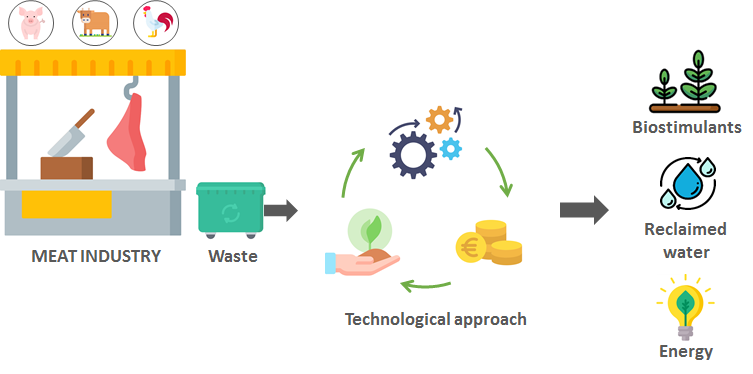
High added-value products for sustainable farming, such as biofertilisers or biostimulants will be obtained by solid waste treatment given the high content on biodegradable organic matter to be treated.
Biostimulants are a successful example of MPI valorisation and integration with other value chains. Biostimulants promote plant growth via improving nutrient uptake, acting as complementary products for fertilisers. Their positive effects on crop performance make these essential products in modern agricultural practices. Their wide use has promoted an increase of the biostimulant market from $1.7 to $2.6 billion between 2016-2019, having a $4.1-4.9 billion projection by 2025. Similarly, the European biostimulant market has grown from €400 million in 2011 to €580 million in 2016 being France, Italy, and Spain, the leading producers in the region.
Although biostimulants are produced from diverse sources, one of the most used is the protein hydrolysates (PH). PH contains amino acids, polypeptides, and other compounds with biostimulant activity such as vitamins and polysaccharides inducing positive effects on crop performance. These are obtained from protein-rich sources of animal or vegetable origin. Thus, viscera, blood, and other by-products from MPI constitute one of PH’s primary sources.
Transformation of MPI derivatives is typically conducted by chemical hydrolysis. However, the current search for more sustainable approaches has promoted enzymatic hydrolysis as a more environmentally friendly option. BETA Technological Center develops solutions for PH production from solid wastes based on enzymatic processes in liquid and solid phases. This approach helps to connect different sectors, encouraging a circular interaction, while providing value to both sides of the value chain.
Please note: This is a commercial profile

